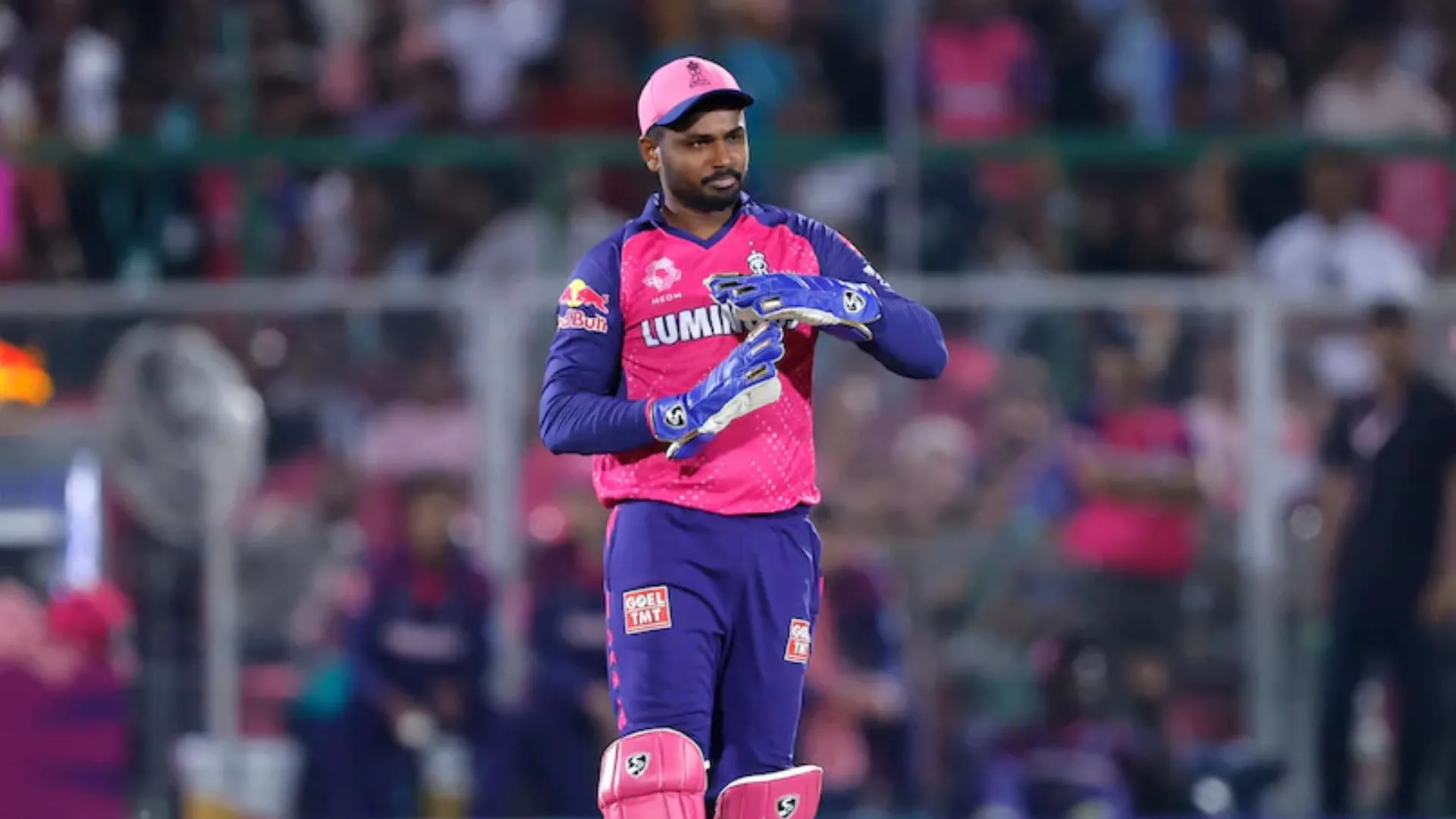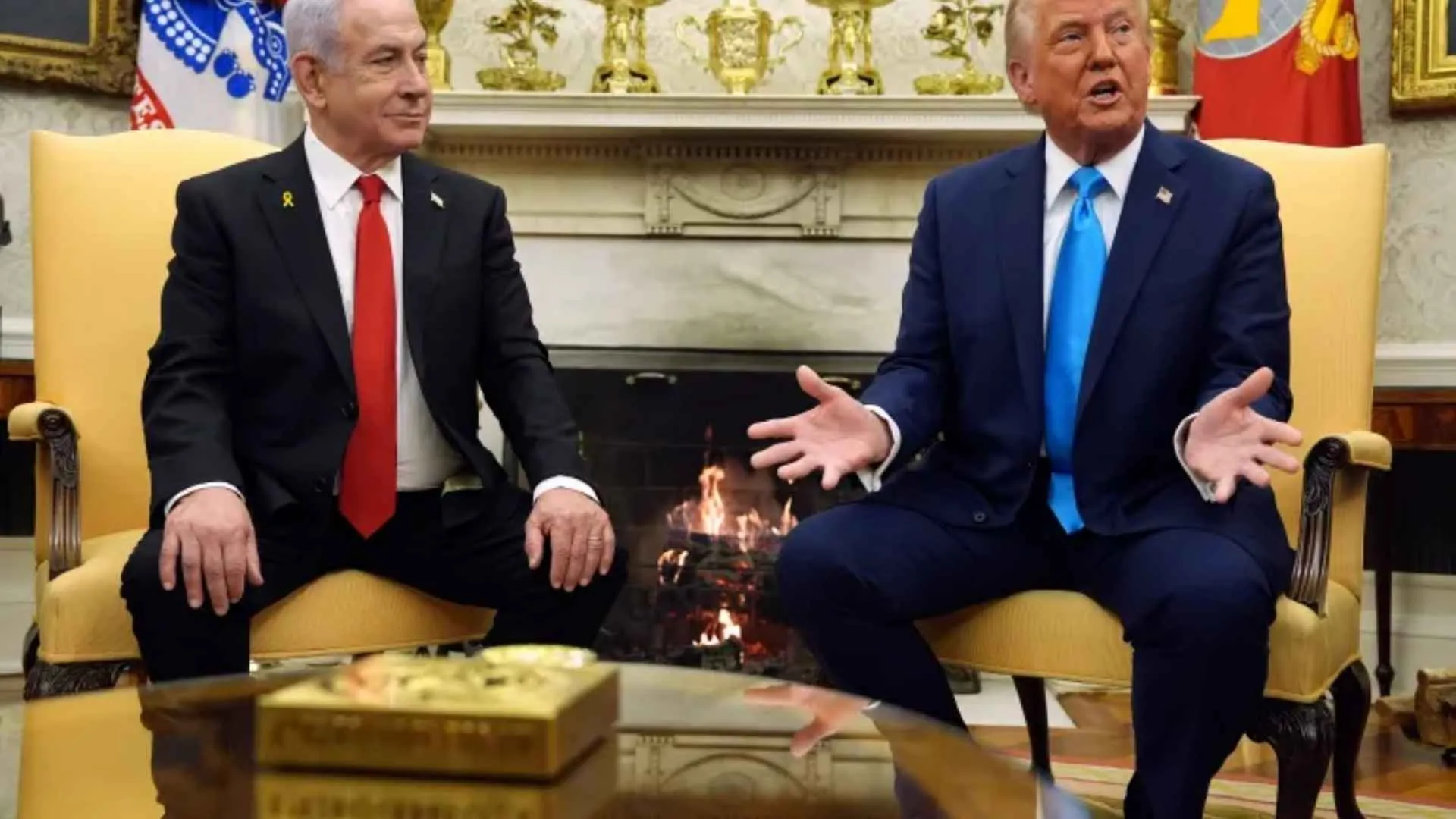CAQM holds a vital meeting on 08.11.2024, to review the implementation and effectiveness of actions under the GRAP, in face of the approaching winter season, focusing on the air pollution hotspots in Delhi.
The meeting was attended by the Chief Secretary of Delhi, senior officials from key departments and agencies of the GNCT of Delhi, including Environment, Transport, MCD, Traffic Police, Delhi Jal Board, PWD and DSIIDC besides other organizations like the CPWD, NDMC, NHAI, DMRC, DDA, NCRTC and NBCC.
Concerned departments, authorities and agencies directed to strictly implement and enforce the extant directions of the Commission for abatement of air pollution, particularly those listed under the GRAP Schedule.
The meeting focused on enhanced inter-agency coordination co-ordination and accountability of all key stakeholders towards abatement of air pollution in Delhi.
Dy. Commissioner of the respective zone of MCD designated as nodal officer for coordinating all actions under the GRAP;
The NCT of Delhi reported formulation of specific Hotspot action plans for all 13 identified hotspots, duly inventorying major point sources and control mechanism for the same.
Key actions generally identified in the hotspots include repair of road patches and pot holes, mechanised road sweeping, water sprinkling on roads, effective management of MSW / garbage and C&D waste, intensifying night time patrolling to check open burning of Biomass / MSW, effective traffic management and de-congestion of traffic points etc.
A “GRAP Monitoring Control Room” has been established in the Commission to oversee the implementation of actions under the GRAP and the redressal of complaints / grievances of citizens in respect of air polluting activities as raised with various pollution control bodies in the entire NCR.
To enable effective monitoring by CAQM, authorities have been directed to tag CAQM when responding to or initiating corrective measures in respect of complaints on social media.
Nodal Officers from Delhi Pollution Control Committee/ State Pollution Control Boards in the NCR tasked with daily reporting of actions under GRAP; Group created for faster communication.
The Commission regularly analyzes the data to assess state responsiveness and ensure timely corrective actions.
The review meeting focused on the violations to be addressed urgently and proactively; Agencies directed to resolve pending cases expeditiously and report back compliance to the complainant.
MCD specifically instructed to comprehensively review the parking fee structure in public parking spaces as called for by the Commission vide Direction No. 82 dated 20.08.2024.
The meeting also focused on strict discipline and measures to guard against unauthorized/ haphazard parking of private vehicles on roads, markets, public spaces etc. leading to vehicular congestion and high levels of pollution, particularly in winters; calls for strict action against violators including for violations of Pollution Under Control (PUC) Certificate regime.
Commission directs for intensified actions to liquidate highly polluting End-of-Life (EoL) Vehicles (more than 15 years for Petrol vehicles and 10 years for Diesel vehicles).
Key preventive actions to be undertaken / intensified during Stage-I and Stage-II of the GRAP were reiterated during the meeting as under:
GRAP Stage I
- Stop C&D projects with plot size more than 500 sqm and not registered on the ‘Web portal’.
- Prohibition on open burning of biomass and municipal solid waste.
- Ban coal/firewood in Tandoors in dhabas and restaurants etc.
- Improved traffic management at vulnerable / congestion prone points.
- Impounding of / penal action on polluting vehicles.
GRAP Stage II
- Intensifying mechanised sweeping of roads, water sprinkling and use of anti-smog guns for dust abatement measures.
- Ensure uninterrupted power supply through DISCOMs to minimise use of DG sets.
- Focused attention on identified air pollution hotspots.
- Regulations on DG sets except emergent and essential services specified by CAQM.The following were highlighted towards a comprehensive approach to enhance coordination, ensure timely action and improve the overall effectiveness of the measures to control air pollution in the region:
• Implementation of directives issued to concerned authorities to tag the CAQM along with the concerned implementing authority while responding to a Complaint on their social media page.
• “GRAP Monitoring Control Room” has been setup in the Commission for effective implementation and monitoring of actions by agencies concerned for control of air pollution in NCR under various stages of GRAP and also for redressal of complaints by citizens.
• Nodal Officer has been nominated by DPCC / SPCBs for daily reporting of data to the GRAP Monitoring Control Room.
• A group has also been created for smooth flow of information and respective Nodal officer and Member Secretary of DPCC/SPCBs have been on-boarded.
• Reports / information shared on actions under GRAP is analysed by the Commission on a regular basis to assess overall responsiveness of various agencies / departments with a regular follow up with Nodal Officers for necessary corrective measures.























